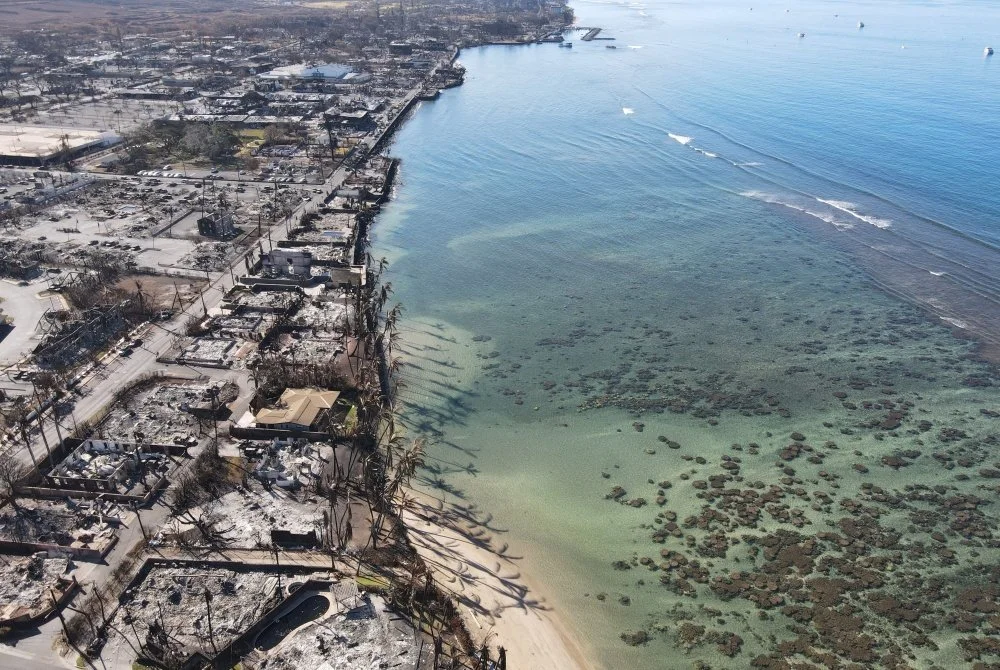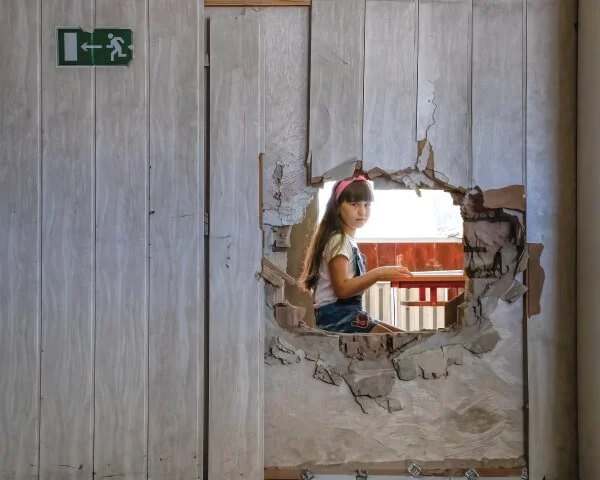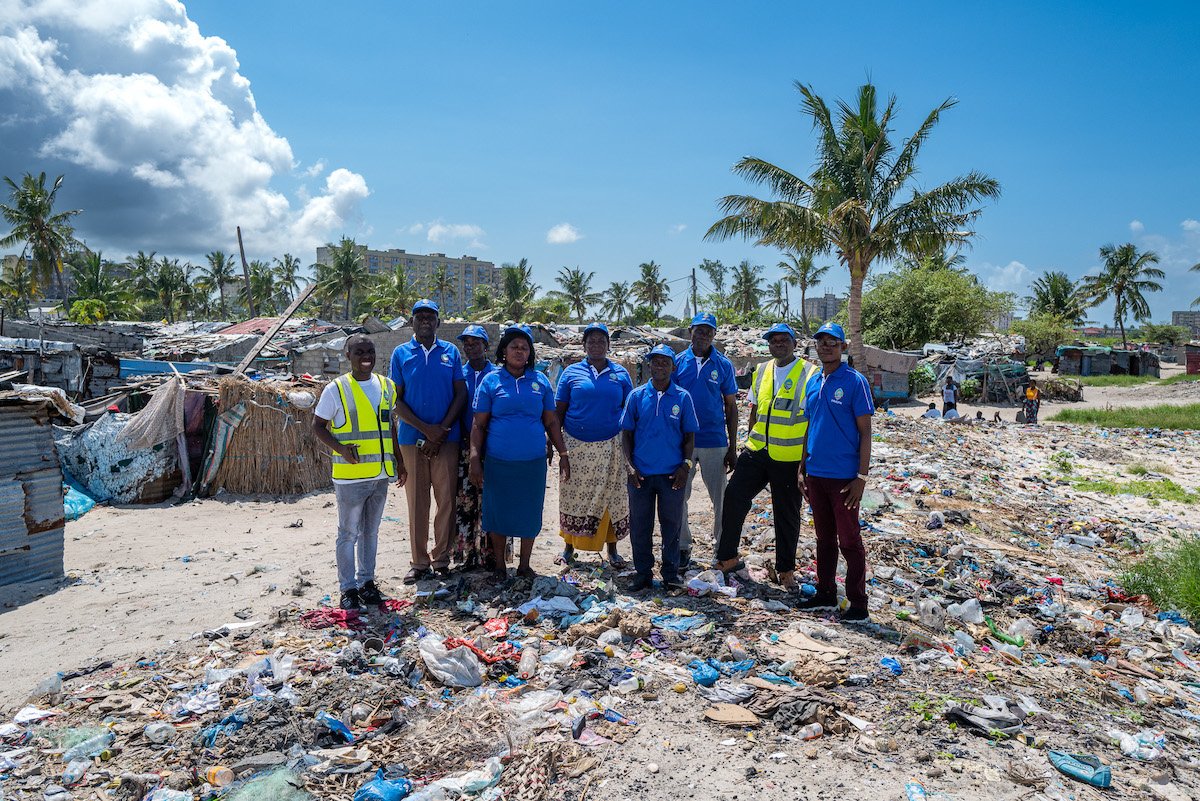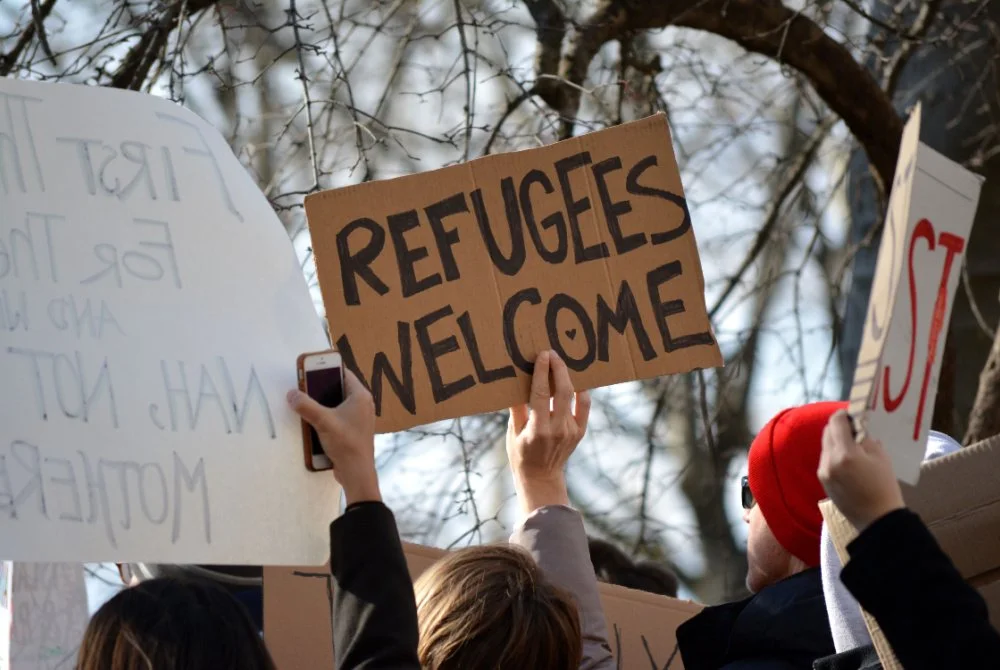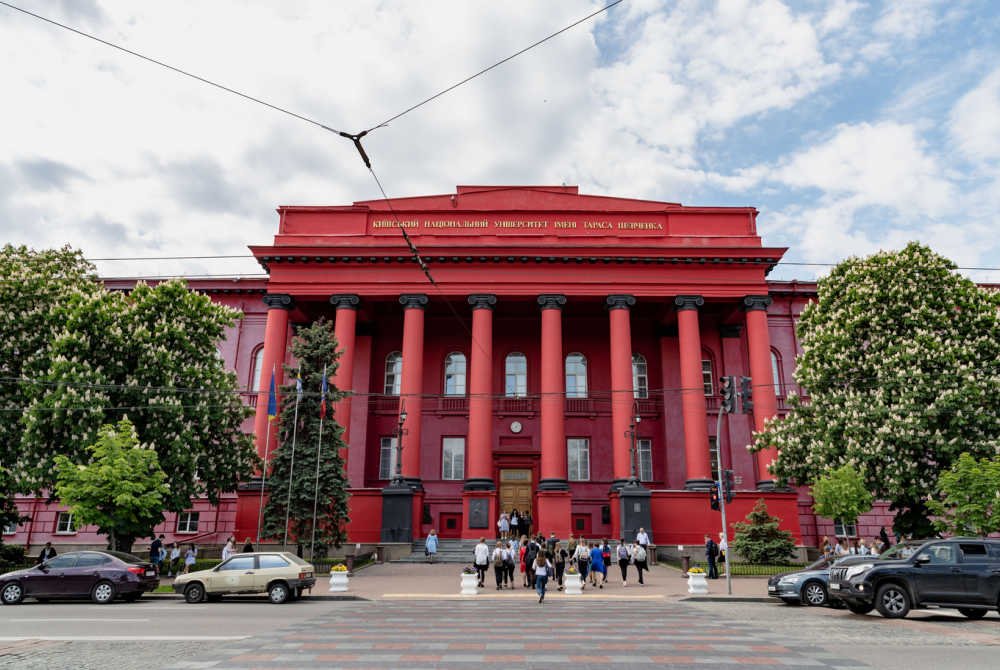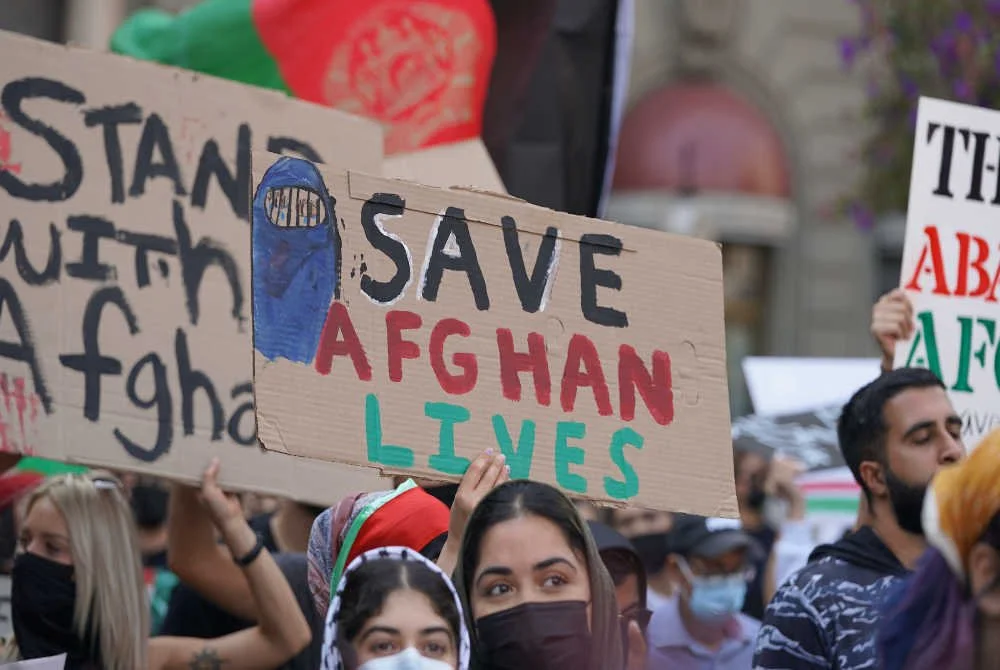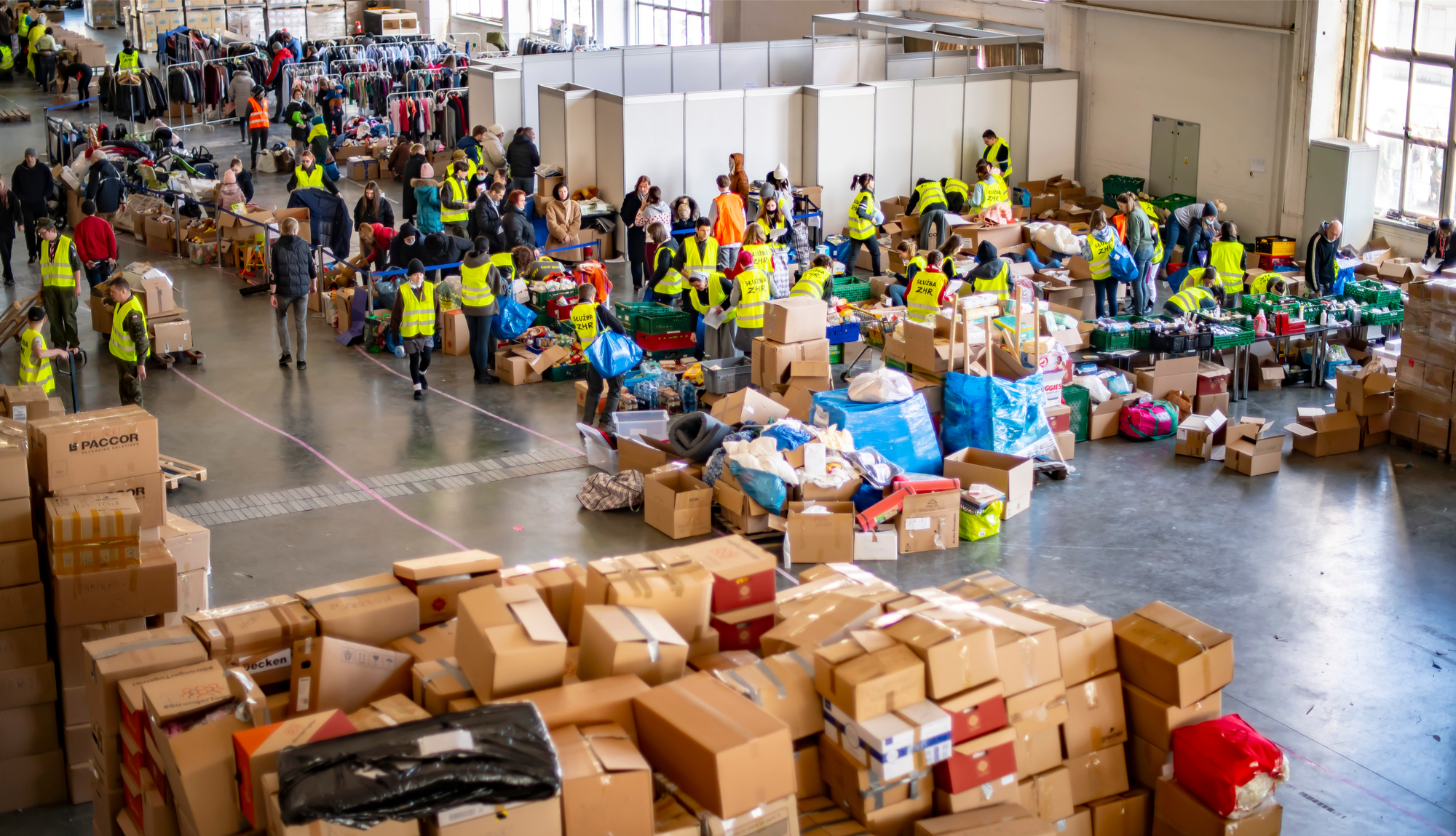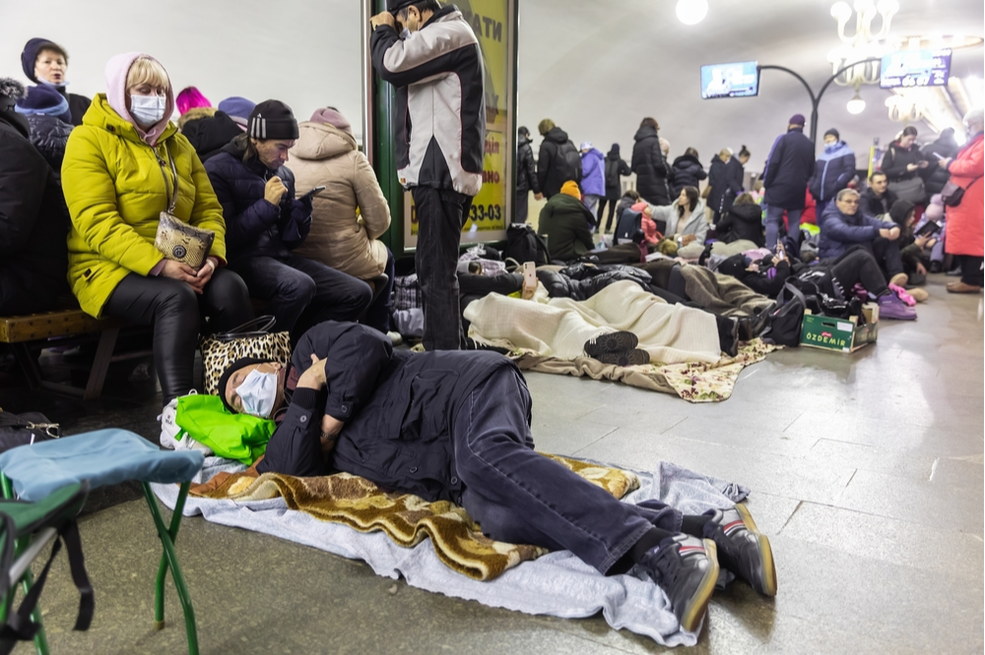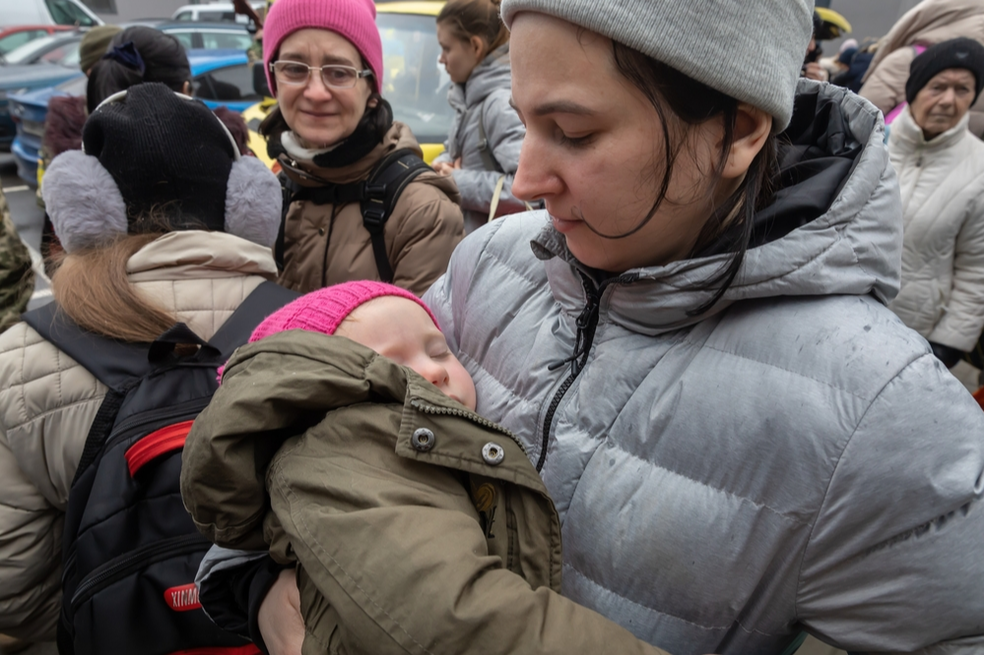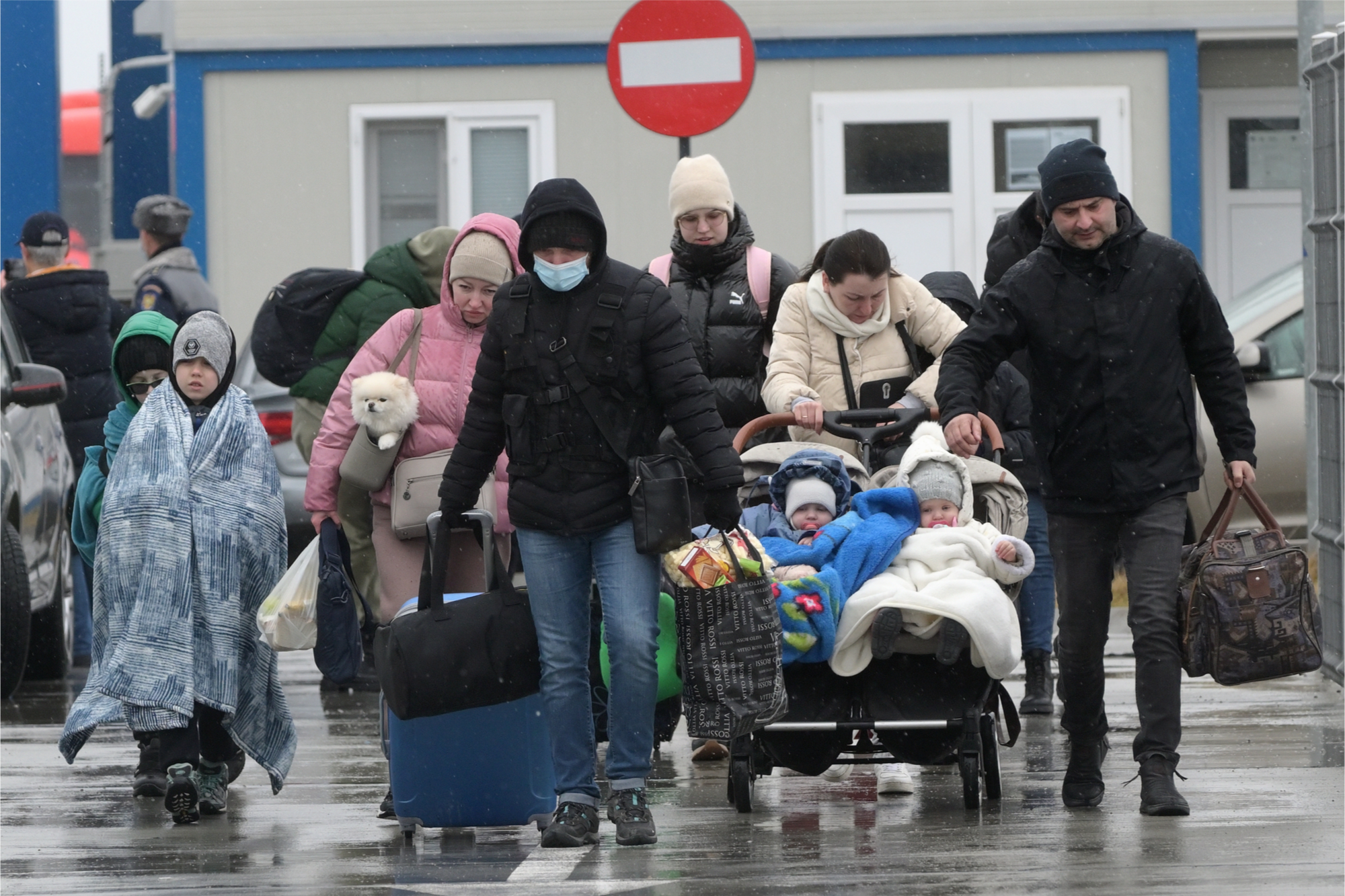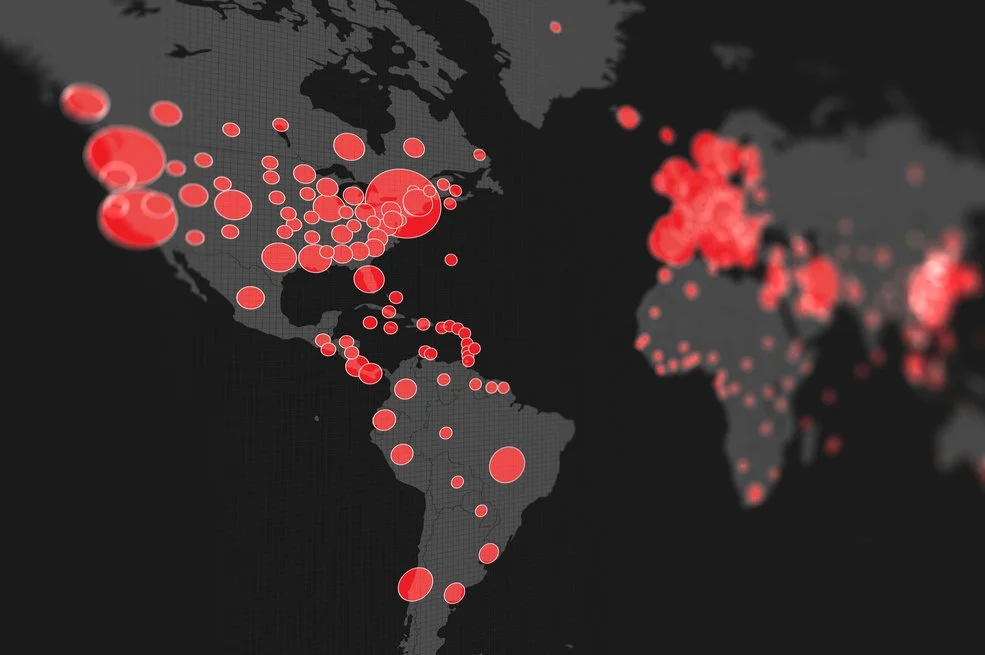Flexible and Responsive: How One Funder is Helping Refugees
/Even as the world copes with the greatest number of refugees on record—with tens of millions of people internally displaced or having fled their home countries due to violence or persecution—many major foundations steer clear of refugee funding for a number of reasons. For starters, global refugee relief funding just isn’t a common giving priority for U.S. foundations, and despite the new crisis of recent years, these funders don’t want to take money away from ongoing programs and switch funding lanes. And so it goes that one of the greatest humanitarian calamities in decades, which has produced an untold sea of human suffering, has generated a lackluster response from American philanthropy.
Of course, there are encouraging exceptions, as we report often. Here, we take a quick look at what the Patterson Foundation is up to.
Established in 2008 with a $200 million bequest from Dorothy Patterson, the Patterson Foundation’s charter was formed in such a way that it gives leaders the flexibility to be responsive in their giving. Which explains how, in 2015, Patterson moved seamlessly into the refugee funding space.
That year, the foundation began supporting the Center for Disaster Philanthropy (CDP), awarding the organization a $200,000 grant. The funds were used to support CDP's work toward strengthening community-based initiatives for Syrian refugees. CDP has also helped to provide psychosocial services for women and young refugees, leadership training, education services and trauma support.
In February 2017, the foundation demonstrated its continued commitment to CDP with a $250,000 grant to support the organization’s ongoing efforts to “collectively address the issues refugees and displaced people face daily while building solutions to their long-term challenges.”
In addition to its support of CDP, Patterson gave NetHope a $193,000 grant in 2016 to back its work establishing Wi-Fi hotspots in refugee camps in Greece. Since 2011, the foundation has given NetHope over $1 million in funding to build and strengthen its global response capacity in the face of disaster. Other supporters of NetHope’s work include Microsoft Philanthropies, Facebook, Cisco Systems and Google.
Related:
- An Ongoing “Collective Failure” on Refugees, But With Some Philanthropic Heroes
- How Do Chromebooks Help Refugees? Google.org Has an Answer to That
- Thinking Outside the Tent: How These Funders Approach the Refugee Crisis Differently
The Patterson Foundation joins a short list of institutional and individual funders stepping up to do their part to alleviate the suffering of the world's refugee population.
On the individual side of things, there aren’t a lot of wealthy Americans who are giving to support refugee-related causes. Which is a bit embarrassing, given that the U.S. is home to some of the world’s richest families. Standouts here include George Soros, who made a $500 million promise to global refugees in 2016 and Hamdi Ulukaya, founder of Chobani yogurt, who pledged $2 million to the UNHCR and the IRC to aid Syrian refugees in 2014.
I would be remiss if I didn’t mention Christopher and Regina Catrambone, here. The couple used their own money to fund the Migrant Offshore Aid Station (MOAS), which rescues refugees in the central Mediterranean and Aegean. To date, MOAS has rescued over 30,000 refugees.
Institutionally speaking, some well-known names pop up time and again. Like the Hilton Foundation, which has provided $5.3 million in grants to address the Syrian crisis and assist host countries to support the influx of refugees. In April 2017, the foundation awarded grants totaling $1 million to support refugee-related work.
The Western Union Foundation is also known for offering up sizable financial support for global refugees. In January 2016, it awarded a three-year, $1.1 million grant to the Whitaker Peace and Development Initiative. The funding went toward the support of life skills and conflict resolution programs at the refugee camp in Kiryandongo, Uganda.
Other funders quick to respond to the crisis and offer ongoing support are the UPS, Cisco, Stavros Niarchos and IKEA foundations.
While the Patterson Foundation may not have the name recognition of some of these heavy philanthropic hitters, it’s making some pretty big moves in the refugee funding space.



